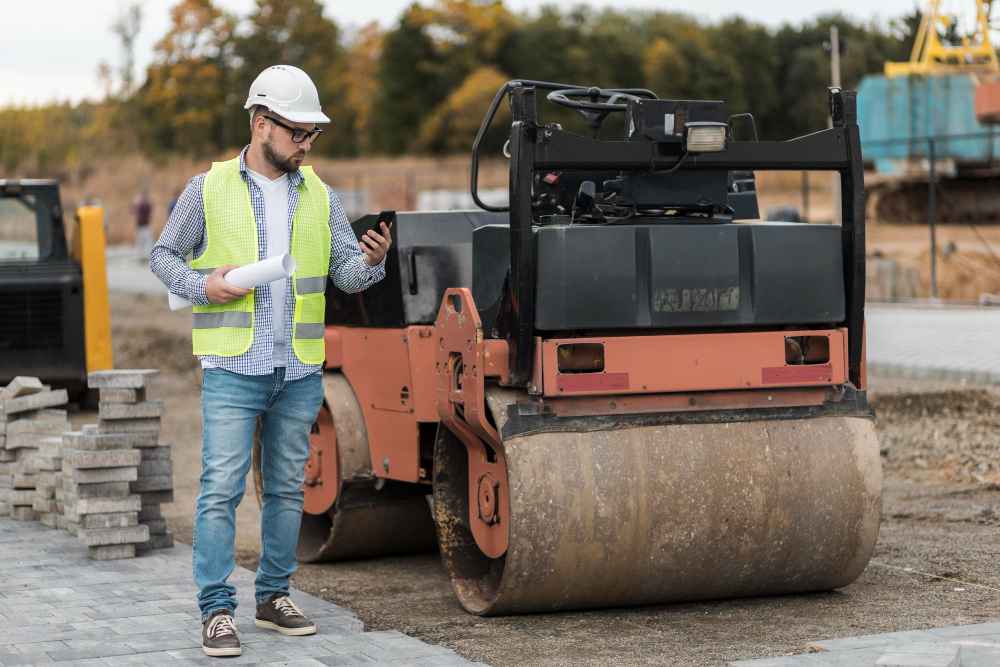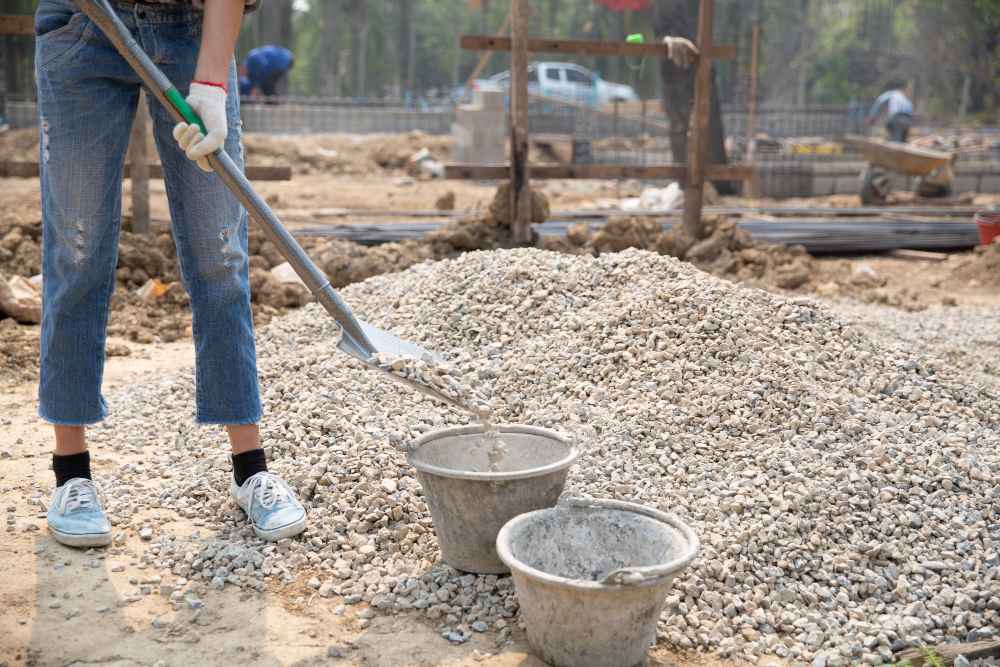

We have been engaged in the construction business for years. Our specialities include underpinning and mini piling. It is important to note that when the construction site conditions are adequate, building foundations can be a simple process, and construction companies may opt for shallow foundations. However, that is not the case in most construction projects and many construction sites present engineers with several challenges, including the selection of the right foundations.
If the soil’s LBV (Load bearing value) or the quality (water content, reaction to climatic changes, etc.) are not suitable, then deeper and better soil layers have to be used for building foundations. Moreover, if there are many buildings located within the vicinity of the construction site and their foundations or integrity can be damaged because of vibration, or if the site is located in an area where loud noises cannot be tolerated, or the construction site has limited/restricted access and low headroom, then construction experts have to use alternative methods of building foundations. For all these purposes, construction techniques such as piling are used.
Piling is also used for reinforcing existing foundations which have lost their integrity and have been compromised. Natural hazards such as storms, floods, and earthquakes can damage the foundations and even affect the soil layers. The soil quality may change over time owing to climatic changes. The construction of nearby buildings may have compromised the foundations of your building. You may have decided to add another storey to your building. For these and many other changes, your existing foundations are required to be reinforced. Our expert engineers have been employing restricted access piling techniques such as mini pilling for years and have completed numerous projects.
Both residential and commercial buildings can present the challenge of restricted access. For instance, carrying out a house extension such as single or multiple-storey addition or retaining walls in your basement, all these sites may offer little headroom to construction workers. Moreover, depending on your location, it might not be possible to use heavy machinery. The community that you are living in may not allow the use of heavy machinery. There might be historical monuments nearby which cannot tolerate vibration. In such cases, the use of restricted access piling seems like a more appropriate and convenient technique.
Restricted access mini piling methods can be used for:
There are many types of mini-piling techniques we use for construction projects with restricted access. The choice of these techniques varies according to the site. Our engineers carry out detailed inspections of the site and other site conditions before selecting a technique. Pertinent to mention that piling requires the use of rigs. We have our very own state-of-the-art rigs to provide you with the right piling technique. Our restricted access piling specialist will be responsible for performing all the necessary steps. Some of the few mini piling methods we use for restricted access are mentioned below.
Whether you are building a residential, commercial, or public project and are looking for someone to build for you the best and most reliable foundations, look no further. Get in touch with us, and we will guide you through our entire process.
These piles are formed by drilling sectional stemmed augers in the construction ground. They are added till the required depth is attained.
After that, the augers are removed, leaving open holes. Steel reinforcements are then installed before filling with concrete for completing the piles.
This type of mini piling employs hollow SFA-sectional flight augers, which are drilled into the ground and removed once the required depth has been reached. Concrete or grout is then pumped through the hollow stems while the augers are gradually removed. This is followed by carrying out reinforcement.
Driven piles, which are usually steel cased, are drilled into the construction site with the help of a drop hammer. The piles are connected, and once the required length is achieved, the excess casings are cut away at the ground level. The pile is completed by reinforcing it with steel and concrete.